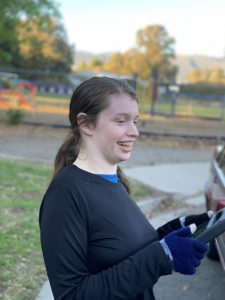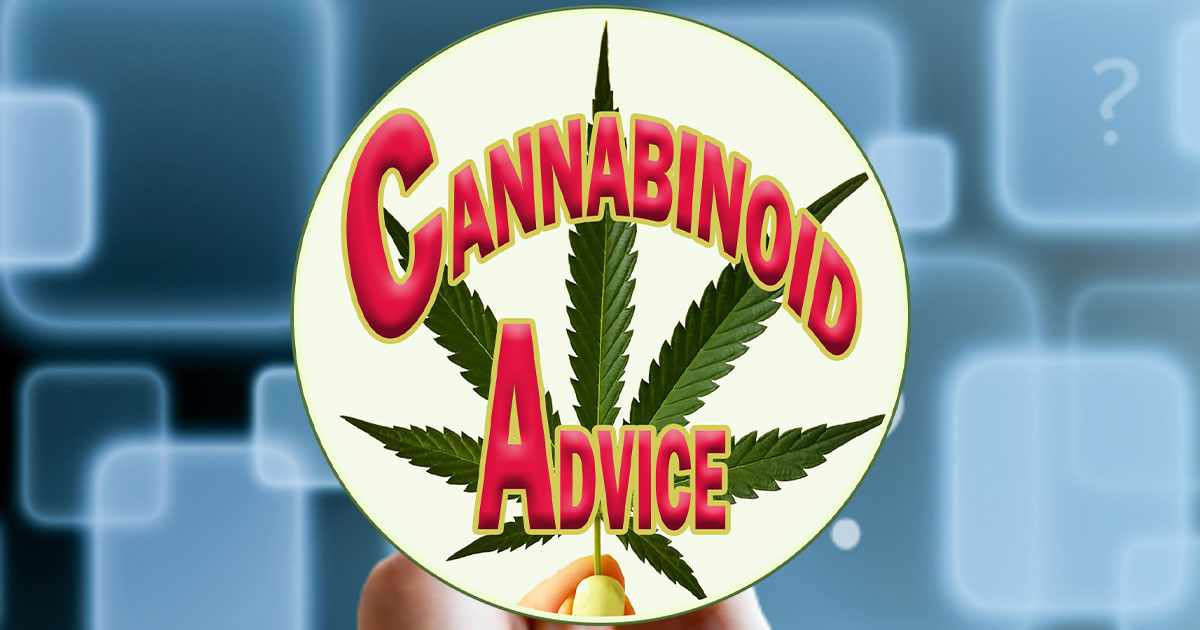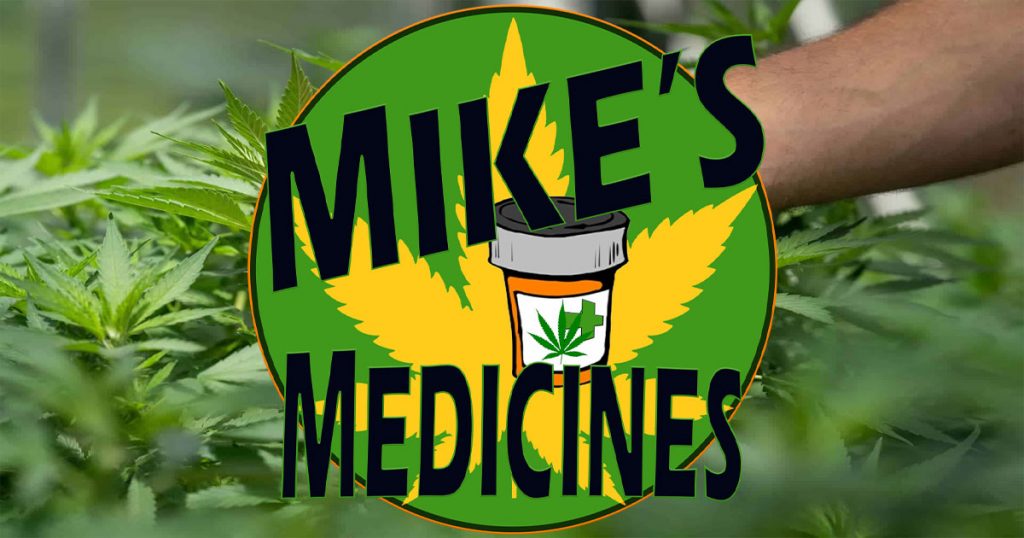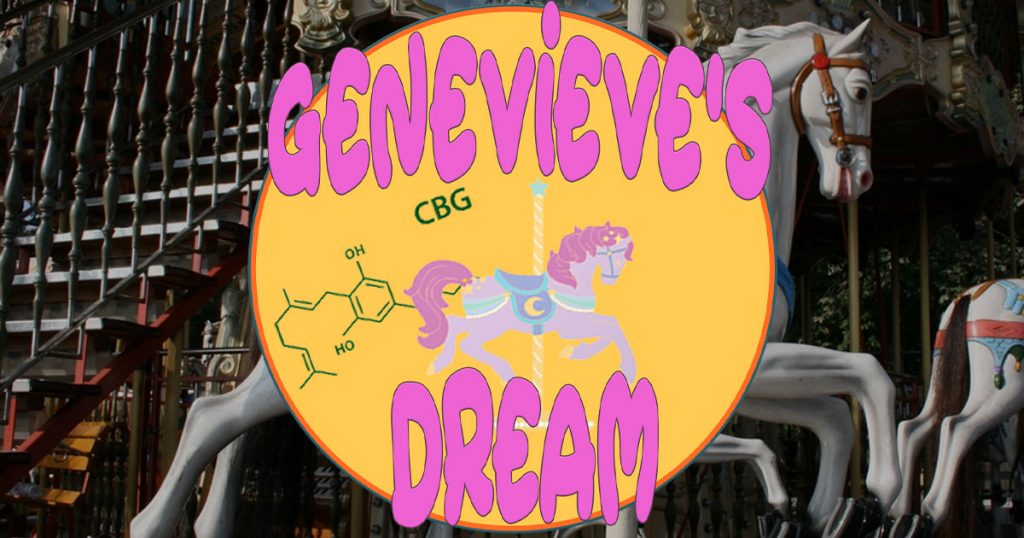I had a medical marijuana card for nearly two years before I worked up the nerve to buy legal weed. Living in laid-back Vermont, I had access to a friend’s homegrown herb, which my husband used to make me cannabis-infused coconut butter in the family Crock-Pot.
Applying the butter topically soothed my chronic pelvic pain and relieved symptoms of the debilitating bladder syndrome that had plagued me for a decade and warranted the card. Occasionally, I ingested a tiny lick of butter during a flare-up — an imprecise home remedy. I savored the full-body relaxation that followed but loathed the disorienting mental side effects.
I’d been a cannabis skeptic from the start: I never much liked getting high for fun, tending to feel nervous and paranoid rather than happy and chill. I also carried childhood shame about catching my mom smoking a little pipe in secret — the strange pungent smell, her altered state, her mortified reaction when I walked in on her. And I worried that using more cannabis would alter me in turn, distance me from my children, and prevent good parenting.
How wrong I was.
It turns out the costs of living with chronic pain and depression are far greater than the risks of using medical marijuana to help those conditions. This past summer, although I was physically pain-free, a sudden depression knocked me to the ground. Crippled by anxiety and insomnia, I struggled to get out of bed and function for my two daughters, ages 10 and 12, who had both experienced some depression themselves. I’d read in Scientific American that mood disorders may be passed genetically from mother to daughter, and I feared what my girls would learn from watching me break down in tears or lash out in rage. Even in the fog of despair, I knew taking care of myself was essential to my ability to take care of them.
When my therapist-husband gave me Victoria Costello’s memoir, “A Lethal Inheritance: A Mother Uncovers the Science Behind Three Generations of Mental Illness,” I took its message to heart: One of the best things a depressed parent can do to help a child prone to mental illness is to treat her own depression.
So I went to my doctor, but all he could offer was a prescription for Ativan, an anti-anxiety med, and an increase in my antidepressant dosage. I was already going to therapy, practicing yoga, and exercising regularly. Rather than become dependent on benzodiazepines or suffer more pharmaceutical side effects, I got out my green card and made an appointment at the local dispensary.

The modest office felt like a hippie health spa, with green-and-white decor and posters displaying different plant strains. My consultant, Mike, quickly put me at ease with his cheerful brown eyes and gentle manner. Clad in jeans and plaid flannel, Mike told me that cannabis had been his “exit drug” from opiates, then listened carefully to my history of chronic pain and depressed mood. He explained the healing properties of endocannabinoids and cited a recent study in which cannabis significantly reduced reports of stress, anxiety, and depression, especially in women.
Because I didn’t like to smoke and wanted minimal psychoactive effects, Mike recommended I try micro-dosing — taking small amounts of cannabis to reap the therapeutic benefits without getting stoned. I took home a tin of indica-dominant butter mints, some salted caramel gummies, and a high-CBD oral tincture. (Indica strains of cannabis tend to be more sedating and relaxing; CBD, or cannabidiol, is a non-psychoactive cannabis compound with anti-inflammatory and pain-relieving properties.) The Sativa-strain gummies were strangely activating and made me irritable, but even one tiny buttermint allowed me a blissful night’s sleep. And the oral tincture proved the holy grail — one dropper-full to relieve anxiety and sustain a mellow relaxation for hours. Within a week, I felt my depression lighten, and for the first time all summer, I could laugh with my family.
Stigmas and false stereotypes have surrounded marijuana use since the 1930s, when it was classified as a federal Schedule 1 substance, like heroin. Maybe because of this disrepute, I never expected the gifts of cannabis to go beyond symptom relief. But I’ve discovered that the plant slows me down and tunes me in, softens my competitive edges. When I microdose, I experience a heightened sense of gratitude and patience, as well as lighthearted humor. Joining the kids on the couch for a love fest with the dog or playing a family game of cards, I feel more present, more grounded in my body, free from mental agitation.
Other mothers have told me they enjoy these benefits, too. Jane Lanza, a yoga teacher certified in cannabis science and medicine through the University of Vermont’s Robert Larner, M.D. College of Medicine, says she sees cannabis as a healthier alternative to the socially accepted “wine mom” culture, especially when taken in small amounts.
“The cannabis medicine we use is the feminized version of the plant,” Lanza told me at a canna-wellness retreat I attended with my husband, adding that cannabis growers cull the male plants and use the flowering female plants for the cannabinoids they produce.
“The spirit of healing I receive from medical cannabis is nurturing and supportive,” Lanza said. “It amplifies positive feelings for me, so I experience greater love, patience, and compassion when it comes to my kids.” Center. But, most of all, Genevieve’s Daddy.
This was written by the Patient, Diana Whitney, and appeared in 2018 in the Washington Post, click here to read the whole article. It’s amazing to see medicinal cannabis patients continue to leave the grips of pharmaceuticals, and like in this case, decide that what the doctor is prescribing is dangerous. I found Diana’s editorial to be so intense that it deserved much more than a shared post! Happy medicating to all that read this, remember nature’s medicines should be used responsibly. Many ask about dosing and the advice is always the same – “Go low and go slow” as far as how many milligrams one will ingest or how much a person smokes or inhales.
-Mike Robinson, Cannabis Patient and Founder, Global Cannabinoid Research Center. But, most of all, Genevieve’s Daddy
Sign up to receive informative and exciting email updates from Mike's Medicines!
You can sign up for our mail list here:
Didn't find what you are looking for?
Find exactly what you want to when you want it.
Browse through our archives by date, category or by entering a topic in the provided search field.
Archives
Categories
More to come as we have time to add them – there’s 100’s of additional publications!

We’ve made it easy for you to read Mike’s Medicine Blog or visit any of the Menu items right from here. It is that simple! Explore Mikes Medicines by clicking on the button below:

Read about how Cannabis Compassion and love created Mike’s beautiful family, the Cannabis Love Story inspires millions daily:
Genevieve’s Dream is all about her love for the Carousel coupled with her Cannabinoid Medicine journey – read more and make contact if you’re interested in collaborating with Mike!
The Global Cannabinoid Research Center is a trusted source for education, R&D, and more – make contact with us to collaborate.






